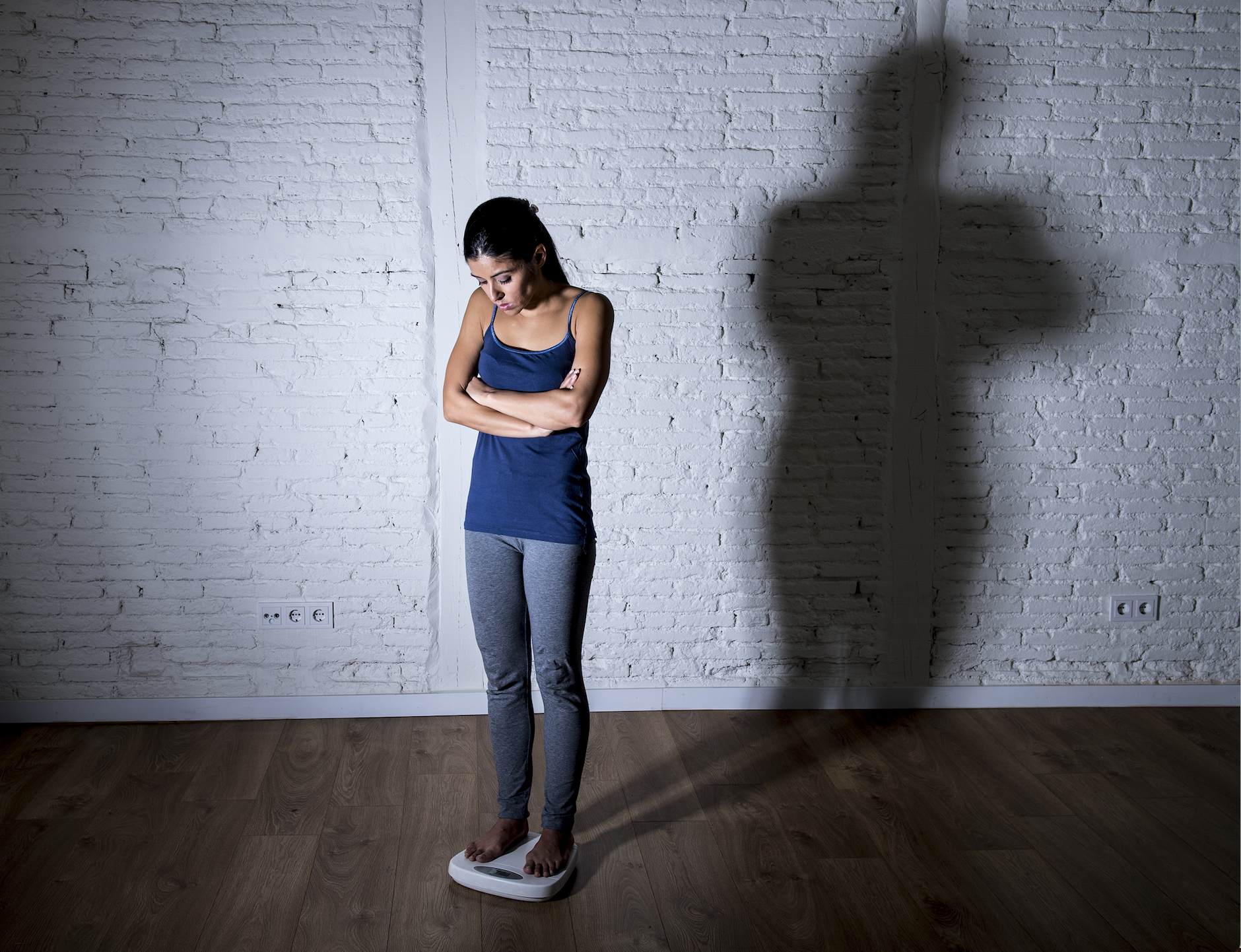Association between body shape, body mass index, and eating disorders among athletics’ and non-athletics’ female students


The CNP Sport and Disordered Eating Research Category consolidates research exploring the relationship between sport, dietary intake, athletic performance, and mental health. Patricia Hubbard, MA is CNP’s Sport and Mental Health contributor and is the lead developer of this research category. To view each original study on the open internet, click “Original.” To view the CNP-written abstract summary, click “CNP Summary.” While only some of the CNP-written abstract summaries are available below for free, all abstract summaries are available to CNP members through the CNP Library Membership.

This 2020 study investigates whether gender and team interdependence (whether the competition is engaged with one person or as a team) affects psychosocial risk factors for disordered eating. This experiment was conducted among a sample of non-athletes, individual athletes, and team athletes. While gender was found to significantly influence these psychosocial risk factors, team type did not appear to have a main effect. However, there were considerable differences in psychosocial variables between genders. Women were characterized by higher scores than men in drive for thinness, body dissatisfaction, and emotion recognition, whereas men scored relatively higher in emotional dysregulation and binge eating. Benau et al. also combined all the athletes (both individual and team athletes) and compared their statistics with non-athletes. Relative to male athletes and women non-athletes, female athletes showed higher scores in drive for thinness, emotion dysregulation, and binge eating. On the other hand, male athletes demonstrated greater difficulty identifying their feelings and increased body dissatisfaction, compared with female athletes. Risk of eating disorders can be conveyed by emotional processes among men and women, especially in athletes.
Association between body shape, body mass index, and eating disorders among athletics’ and non-athletics’ female students
Risk for eating disorders in “high” and “low”- risk sports and football (soccer): A profile analysis with clustering techniques
CNP Research Summary can be found in the CNP Library Membership
Self-confidence and disordered eating amongst martial artists: A cross-sectional study
Link between eating disorder, risk, self-esteem, and body image among Puerto Rican high school student-athletes
CNP Research Summary can be found in the CNP Library Membership
Eating disorders in former NCAA Division I collegiate gymnasts and their behaviors after graduating
Retired athletes and the intersection of food and body: A systematic literature review exploring compensatory behaviours and body change
CNP Research Summary can be found in the CNP Library Membership
Perfectionism, body satisfaction and dieting in athletes: the role of gender and sport type
Disordered eating attitudes, anxiety, self-esteem and perfectionism in young athletes and non-athletes
CNP Research Summary can be found in the CNP Library Membership
Two days of calorie deprivation impairs high level cognitive processes, mood, and self-reported exertion during aerobic exercise: A randomized double-blind, placebo-controlled study